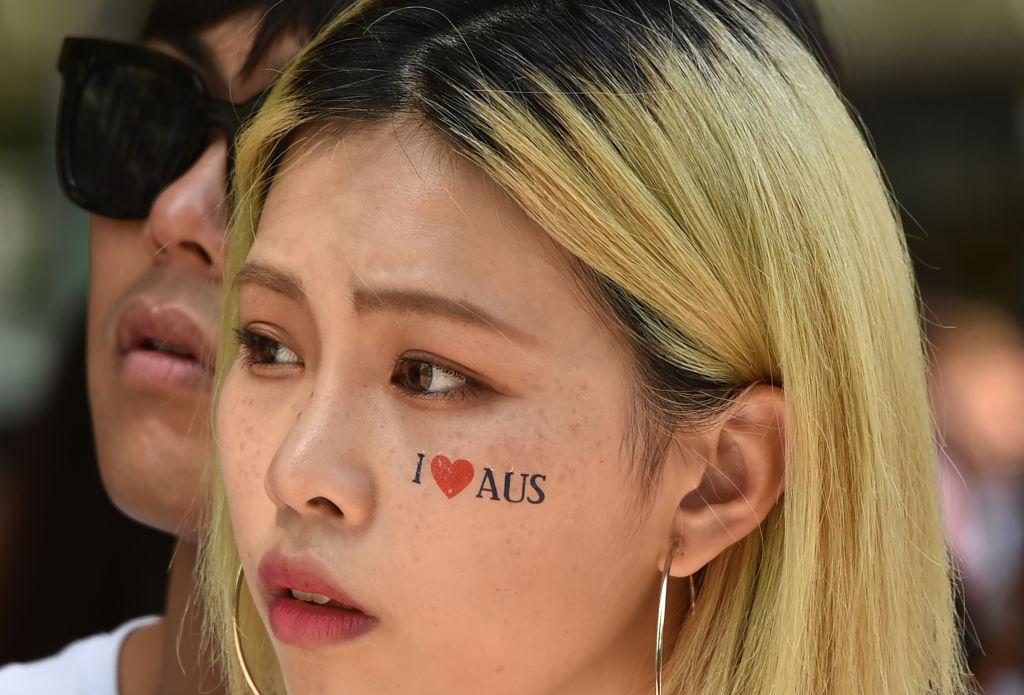Multiculturalism in Australia, which has been based on a social compact that said people were free to pursue their cultural and religious beliefs provided they abided by the law, has been under serious threat since Hamas’ invasion of Israel on Oct. 7 last year, a new report from the Centre for Independent Studies (CIS) argues.
The events of that day and the subsequent protests have caused “bitter political division and polarisation,” the report says.





